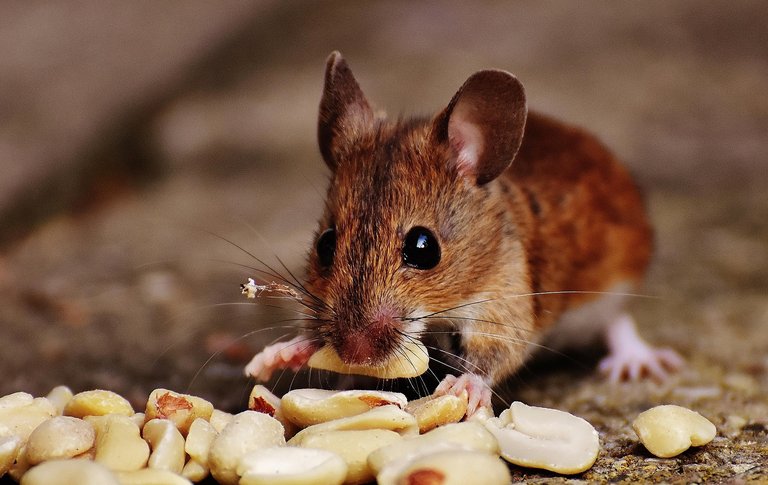How the pleasure of eating in obesity is lost

The pleasure of eating could be key to maintaining healthy eating behaviors. This conclusion has been reached in a study with mice that have observed that a high-fat diet can affect the neuronal circuits of the brain and reduce the pleasure of eating, which, paradoxically, can lead to the development of obesity. The study was published in the journal Nature.
Some evidence suggests that people with obesity take less pleasure in eating. For example, brain scans have shown that obese people have less activity in regions of the brain associated with pleasure when they see food. The same has been seen in animals. When high calorie foods such as butter, peanut butter, jelly, or chocolate are optionally added to mice raised on a high fat diet, they show significantly less appetite than normal diet mice.
Well, in this study they have found a mechanism that explains it. Specifically, it has been observed that neurotensin levels in the brain of mice on a high fat diet are reduced. Neurotentsins increase the activity of dopamine, and the decrease in their levels is responsible for the loss of pleasure provided by foods, especially high-calorie foods.
On the other hand, neurotensin levels were restored in obese mice, and it was observed that they regained the desire to eat high-calorie foods and their eating behavior was normalized, resulting not only in weight loss, but also in reduced anxiety. Thus, the researchers conclude that the recovery of neurotensin levels could be key to help control eating behaviors.
Scientists warn that findings in mice are not always directly applicable to humans, but they believe that this finding opens up new opportunities to approach the treatment of obesity from a neurological perspective.
Buletina
Bidali zure helbide elektronikoa eta jaso asteroko buletina zure sarrera-ontzian











